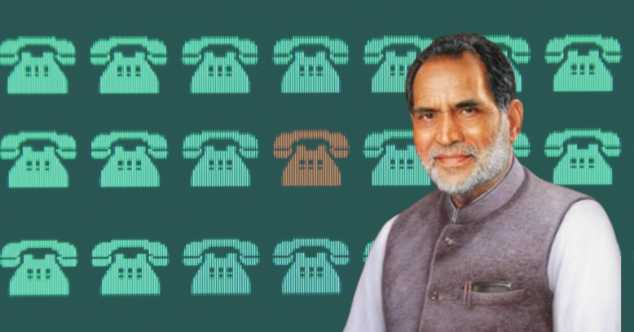Analysis
Looking Ahead 2022: SC on Press Freedom
The Supreme Court is likely to hear two important cases raising questions about press freedom in 2022.
An independent press is vital to a democracy as it holds powerful institutions accountable. In 2021, the Supreme Court delivered important judgments on surveillance and sedition to protect the press’ freedom of speech and expression.
In this post, we discuss two cases raising questions about the freedom of the press that the Court is likely to hear in 2022.
1.Technical Committee Report on Pegasus Spyware
Manohar Lal Sharma v Union of India
In October 2021, Chief Justice Ramana constituted a Technical Committee to investigate the Union government’s alleged use of the Israeli software, Pegasus, to surveil journalists, activists and politicians. While setting up the Committee, the Court highlighted that the freedom of the press depends on non-interference from the government. Unlawful invasions of privacy have a chilling effect on freedom of speech. The Technical Committee is expected to submit its recommendations on whether Pegasus spyware was used to the Court in January 2022.
The Technical Committee was constituted after the Union refused to voluntarily answer if it had used the spyware, and whether due process was followed to do so. Since the Committee has limited investigative powers,the success of its investigation depends heavily on government co-operation. The Committee’s findings will form the basis for the Court’s judgment in this case.
2.Transfer Of IT Rules Challenges to the Supreme Court
Union of India v Foundation for Independent Journalists and Ors.
In 2021, various High Courts (HCs) heard digital news media organizations and OTT platforms in challenges to the Information Technology (Intermediary Guidelines and Digital Media Ethics Code) Rules, 2021 (IT Rules). The Union government’s petition for a transfer of these challenges to the Supreme Court has been pending since July 2021.
The media organizations argue that the IT Rules place arbitrary and vague obligations on them, allowing heightened government interference in their functioning. This, they have argued, violates the right to free speech and expression.
In July 2021, the Union government stated that a transfer was necessary because various HCs might deliver conflicting orders on similar questions of law. This would lead to administrative confusion. While HCs were delivering conflicting orders throughout 2021, the confusion heightened in December. The Madras HC held that a Bombay HC order disallowing any action against media organizations under the IT Rules during the pendency of the challenges would have pan-India application. Conversely, the Delhi HC had previously refused to grant similar relief.
In light of the Madras High Court’s order, this case is likely to be mentioned at the Supreme Court again. If a transfer is allowed, the media organizations will have to argue before the Supreme Court without the benefit of favourable judgments from the HCs.
At the end of 2021, Chief Justice Ramana emphasized that a healthy democracy needs ‘a fearless and independent press’ in a public speech. We will continue to track how the Court protects the independence of the press in these cases in 2022.




